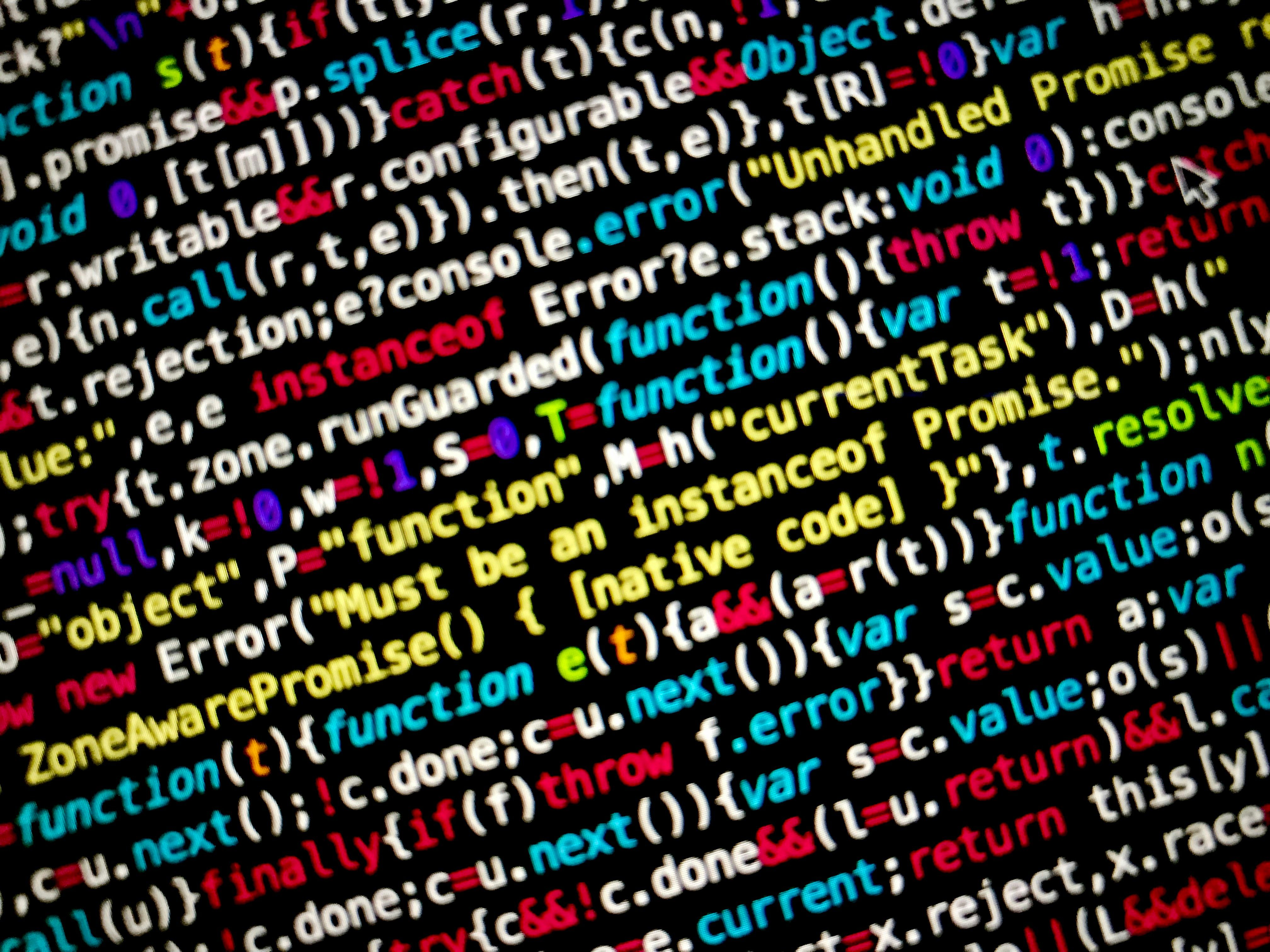Middle Power Influence on Global Politics and Shifts in International Relations Theory, According to Chinese Academic
In the Heart of Central Asia: Exploring Moral Realism
ASTANA - As global powers retract from their leadership roles, it's the middle powers that stepped up to foster subregional integration, asserts renowned political scientist Professor Yan Xuetong during a lecture in Astana, Kazakhstan on April 28.
Prof. Yan Xuetong, a distinguished professor and honorary dean at the Institute of International Relations at Tsinghua University, is celebrated for his work as the founder of moral realism, a theory that centers leadership values and strategic preferences at the heart of international politics. His influence extends to serving as editor-in-chief of The Chinese Journal of International Politics and authoring groundbreaking works on global leadership and foreign policy.
Organized by the Kazakhstan Council on International Relations and the Qalam multimedia project, the event was part of a lecture series that previously featured scholars such as Barry Buzan and Parag Khanna.
Professor Yan posited that regional powers, like Kazakhstan, would have increased opportunities to contribute to regional integration with the shifting global landscape. "In the absence of a leader, regional powers ought to create regional markets and cooperation frameworks," he said.
He emphasized the broad cooperation between China and Kazakhstan as the most robust among China's ties in Central Asia. "Should China desire to deepen regional integration in Central Asia, it will lean on Kazakhstan," Yan stated.
Bridging Theoretical Gaps
Yan's lecture delved directly into his moral realism theory, the framework that positions leadership values and decision-making at the core of foreign policy. To demonstrate the theory's applicability, he scrutinized the limitations of mainstream international relations theories, such as constructivism, liberalism, and classical realism, in explaining contemporary global developments.
He first observed constructivism, a theory that asserts the power of norms and ideas in shaping state behavior. Postulating that history follows a forward-moving trajectory, many constructivists predicted uninterrupted progress from hostility to cooperation, culminating in global harmony.
"They fail to anticipate a U-turn," Yan contended, explaining that recent developments, like increasing nationalism and the retreat from globalization, have directly contradicted this belief.
Turning to liberalism, Yan explained that this theory centers on domestic and international institutions as checks on political power. Liberals argue that democratic institutions serve to constrain detrimental policymaking while international institutions reduce costs and encourage cooperation.
Lastly, Yan addressed realism, which posits that state behavior is driven by material power and national interest. However, Yan pointed out that U.S. power and interests remained relatively consistent between the Trump and Biden administrations.
"If power and interests remained steady, why did U.S. policymakers alter their policies? Is American foreign policy driven by power and interest or by something else?" Yan questioned.
Leadership and the Essence of Moral Realism
To elucidate these issues, Yan introduced his moral realism theory, with a focus on national leaders and their values as the crucial agents of foreign policy.
"My theory argues that these changes are due to a different type of leadership. Leaders, policymakers, they possess the power to shape institutions, abandon them, undermine them, or reshape them," Yan explained.
Yan underscored that even when nations pursue similar strategic objectives, such as economic growth or national strength, the approaches taken by leaders can vary based on their moral frameworks, a phenomenon he termed "strategic preference."
"Suppose we all aspire to wealth. Everyone wishes to become rich, but I'm confident that no one would adopt the exact same approach to amassing riches. Some, like teachers, make money through courses, while policymakers accumulate wealth via decision-making. The goal is the same, but the methods are a reflection of personal values," said Yan.
This logic, Yan argued, also applies to foreign policy.
Where Personal Priorities Trump National Interests
According to Yan, at the core of moral realism is the belief that foreign policy is shaped not only by power structures but by the moral character of leaders and their prioritization of personal versus national interests. He drew a distinction between moral leaders, who align personal goals with national interests, and immoral ones, who prioritize regime survival or personal gain at the expense of the nation.
He underscored that traditional international relations theories generally assume that leaders will always act in the best interest of their nation. However, according to Yan, that's simply an assumption. He cited examples of isolated regimes that reject global engagement despite evident economic benefits from international cooperation.
"Policymakers recognize that if they join the international community, the nation will prosper significantly," he said, explaining why they opt against it. "That means there is a conflict between regime security and national security. National security signifies the security of the people, while regime security refers to the security of policymakers."
The Era of Counter-Globalization
Yan underlined that counter-globalization has stemmed from political leadership rather than structural or institutional forces. "The world transformed because leaders of major powers initiated de-globalization policies," he said.
He described globalization as the emergence of a unified global market following the collapse of the Soviet Union in 1991. Prior to that, markets were fragmented, with Eastern Europe lacking market economies, China remaining closed, India being largely self-contained, and the U.S. predominantly engaged in bilateral trade rather than multilateral cooperation.
According to Yan, global integration accelerated with the establishment of shared regulations under the World Trade Organization (WTO), though resistance persisted. Small businesses and local vendors struggled to compete with international corporations in an open market.
"For an extended period during the Cold War, the predominant type of leadership was liberal leadership. It championed globalization," said Yan, noting that governments opened their markets, invited foreign investment, and supported international cooperation.
However, by the 2010s, some governments started withdrawing their support. Yan cited the United Kingdom's departure from the European Union and the U.S.-China trade stand-off under the first Trump administration as key turning points. He defined de-globalization as "governments exercising their power to limit international cooperation."
References
- Yan Xuetong (2014). "From the Weberian State to the Moral-Based State: Constructing a New Approach to International Relations," The Chinese Journal of International Politics 7(1), 1-20.
- Yan Xuetong (2009). "Moral Realism and Deterrence Dualism," Asian Survey 49(1), 59-79.
- Yan Xuetong (2013). "International Relations beyond Realism and Constructivism: Moral Realism in Action," The Chinese Journal of International Politics 6(3), 323-344.
- Professor Yan Xuetong, the founder of moral realism, criticized constructivism for its failure to anticipate the rise of nationalism and the retreat from globalization, leading to a U-turn in global developments.
- Yan posited that moral leaders, who align personal goals with national interests, are crucial agents shaping foreign policy, and their strategic preferences can vary significantly, even when nations pursue similar objectives like economic growth.
- Yan emphasized that the shifting landscape of global politics has provided increased opportunities for regional powers, like Kazakhstan, to contribute to regional integration, as stated during his lecture in Astana.
- In his lecture series on policy-and-legislation, general news, and politics, Yan underlined that counter-globalization movements have stemmed from political leadership rather than structural or institutional forces, as evidenced by the de-globalization initiatives undertaken by major powers in recent years.








